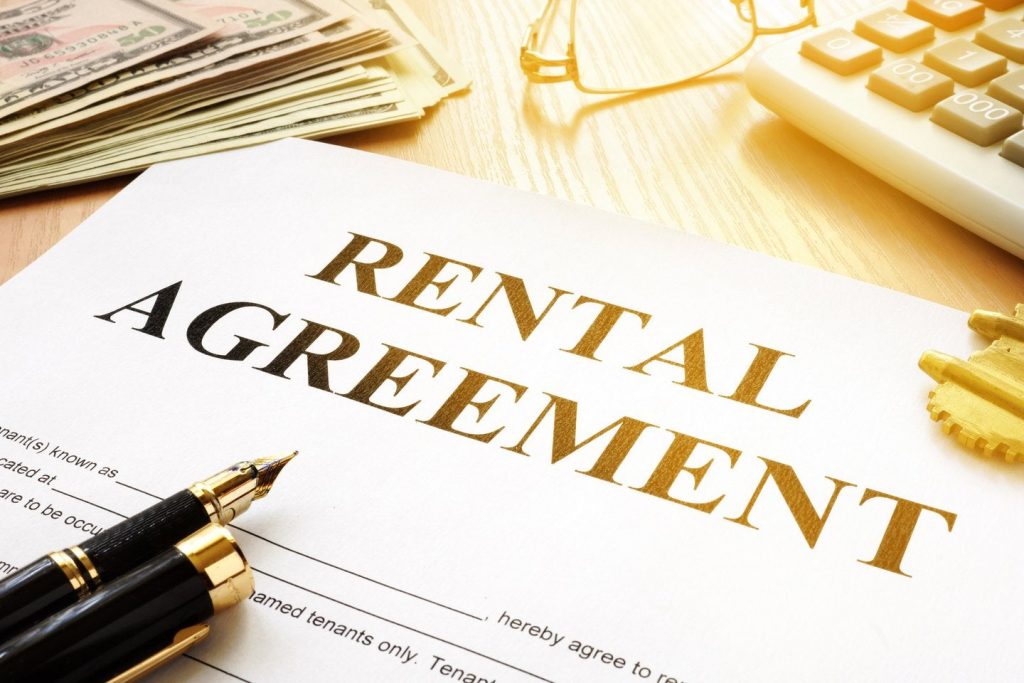With such a wide variety of residential options in Dubai, finding the right home can be a long process. This is why, after finalizing the desirable property, people get too excited about the stunning new home that they fail to pay enough attention to what they are signing up for with the landlords. This can lead to uncomfortable situations between them later on. Inquiries on tenancy relationships are usually raised at the time of tenancy contract renewal, so here is a comprehensive guide on tenants’ rights and obligations in Dubai to save you from unnecessary hassles in the future.

First things first. The laws you need to keep in mind are:
- Law no. 26 of 2007 as amended by Law no. 33 of 2008. This law regulates the relationship between landlords and tenants in Dubai.
- Decree no. 26 of 2013. This established the Rent Disputes Settlement Centre, which caters to and solves all sorts of rental disputes in Dubai.
- Decree no. 43 of 2013. This law specifically governs rent increase in Dubai. Per this law, a tenancy contract needs to include details of landlord and tenant, details of the relevant property, the purpose of tenancy, the term of tenancy, amount of rent decided and payment terms.
Tenants and landlords can also include an addendum to the standard “one-page” tenancy contract, which may include further terms and conditions of the contract. It needs to be attached to the tenancy contract as it comes in handy when dealing with the payment of utility charges (i.e. service, chillers, electricity, etc.), getting a no-objection certificate (NOC) from landlords to carry on fit-out works along with renewal and increase of rent.
It is obligatory for either tenant or landlord to register the tenancy contract with Real Estate Regulatory Agency (RERA). The registration of the contract is important as it ensures that the same unit is not leased twice at the same time. If the rental contract is not registered, any dispute arising in the future will not be entertained by the Dubai Rent Dispute Settlement Centre (RDSC).
Tenancy contracts or rental contracts may not be individually terminated by either tenant or landlord unless otherwise agreed between the two parties. In a case where a tenancy contract expires and the tenant continues to live in the property without any objection from the landlord, the term of the tenancy is extended automatically, for a similar period or for one year (whichever is less), on same terms and conditions.
In cases where the landlord desires to amend a tenancy contract, a written notice should be served to the tenant at least 90 days prior to the expiration of the tenancy contract. Normally, the rent is to be paid per the agreed terms in the tenancy contract. In a case where there is no such agreement, the rent can be paid in annual or four equal installments.
The payment of rent is usually made through the deposit of post-dated cheques with the landlord. IN cases where the landlord refuses to receive the rent, it can be deposited with the RDSC. In cases where rent has been increased, the increase can be calculated by RERA’s rental increase calculator available on the Dubai Land Department’s official website. RERA reserved the exclusive authority to specify the percentage of rent increase to property units in all Dubai localities.
The landlord is required to hand over the property to the tenant in good condition. He should undertake the responsibility of major maintenance and repair works on the property and refrain from making any changes that may affect the tenant’s intended to benefit.
A tenant can be evicted prior to the expiry of rental contract if tenant:
- Fails to pay the rent within 30 days of being served with landlord’s written notification
- Subleases the property without the landlord’s written approval
- Uses or allows others to utilize the property for immoral or illegal activities
- Causes or allows others to cause damage or changes to the property that endanger the safety of the property
- Uses property for purposes other than the purposes for which it was leased for
- Fails to comply with any of the terms of the tenancy contract or the law
- If the property is in danger of collapse.
- In cases of commercial properties, a landlord may demand eviction, if the tenant has closed business operations for 30 consecutive or 90 consecutive days without giving any valid reasons.




![The Top & Most Popular Seafood Bucket Restaurants in Dubai for you [Never Miss]](https://uae24x7.com/wp-content/uploads/2020/09/8-seafood-in-a-bucket-scaled-e1600739237403.jpg)
![Procedures for Renewing the Driving License in Abu Dhabi [3 Simple Steps]](https://uae24x7.com/wp-content/uploads/2020/07/Capture-9-e1595666454466.jpg)





